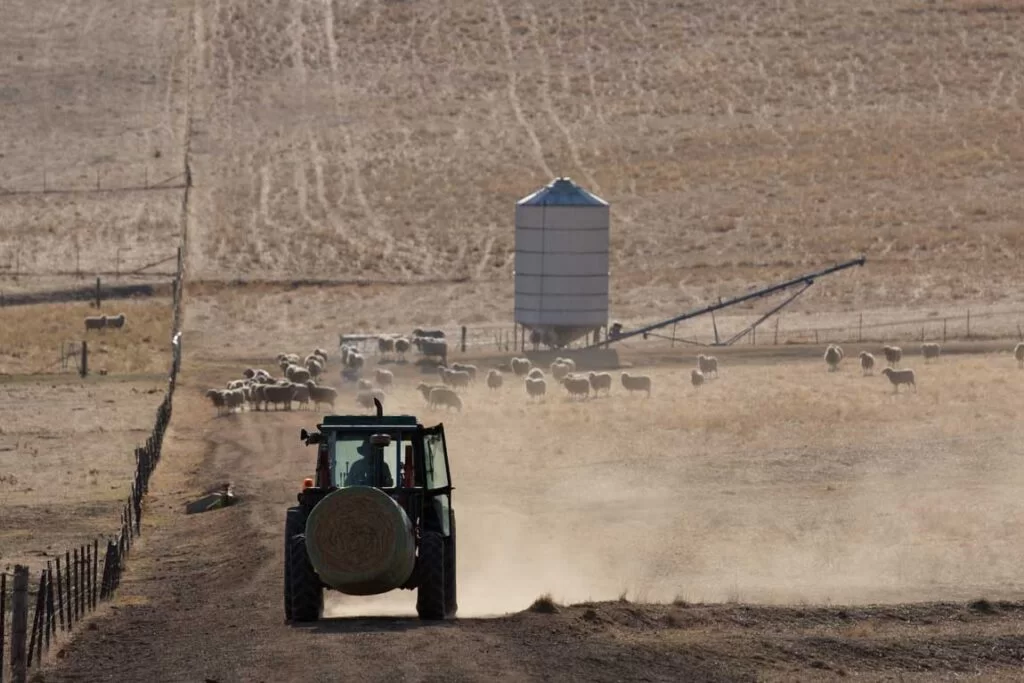Agreed to by the VFF Policy Council
Meeting 175
9 March 2022
Policy Statement
The VFF supports the development of low emission technologies including but not limited to battery electric or hydrogen fuel cell vehicles to provide consumers options to reduce their carbon emissions and improve fuel security.
2. Regulatory barriers to the rollout of new technologies should be reduced to stimulate private sector investment.
3. Recognising the significant improvements the industry has already undergone, the VFF strongly opposes the use of taxes or penalties on older vehicles as a mechanism to encourage greater adoption of alternate fuelled vehicles.
4. The Federal and State Governments have a key role to play in addressing market failures or gaps in the rollout of charging infrastructure by encouraging new technology uptake in both metropolitan and regional areas to promote fair access and consumer choice. Rural and regional communities and businesses should not be penalised for their isolation.
5. It is critical that electric infrastructure is sufficiently prepared to be able to cope with forecast local demand.
6. Recognising Australia’s high value critical mineral mining and manufacturing capabilities, the Federal and State Government should incentivise domestic manufacturing of transport technologies and future fuels.
7. It is critical the Federal Government ensures secure and reliable supplies of future fuels.
8. Where practicable, Australian Design Standards should be aligned with international markets to reduce costs for manufacturers to import electric vehicles.
